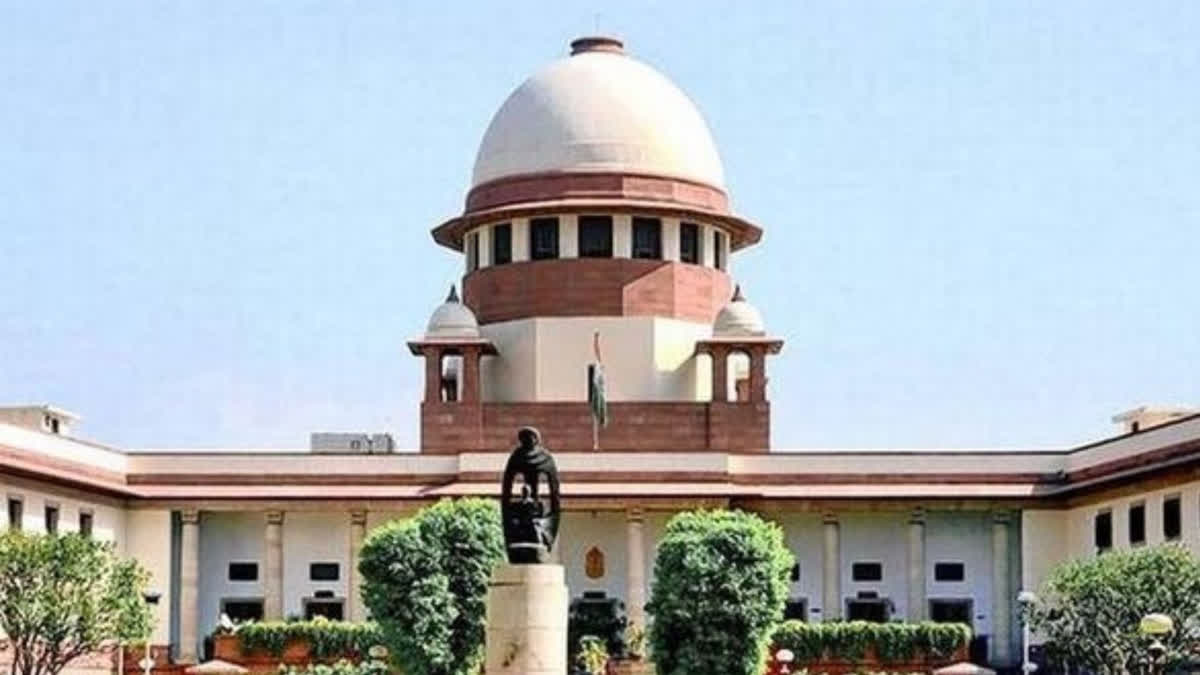New Delhi :The Supreme Court on Wednesday told the Tamil Nadu government that the country does not bar copper smelter and that the Vedanta plant cannot restart in Thoothukudi if they do not fulfill conditions that are imposed by a committee. However, the state government vehemently opposed the reopening of the plant.
A three-judge bench led by Chief Justice of India D Y Chandrachud and comprising justices J B Pardiwala and Manoj Misra told senior advocate CS Vaidyanathan, appearing for Tamil Nadu, that country does not bar copper smelter and reiterated, “there is no bar…”.
Vaidyanathan said committee after committee has found evidence of pollution and insisted that it is a highly polluting industry. He stressed that the apex court has held that economic interests will pave the way for environmental protection interests. The bench asked the state government counsel, why did it give permission for the plant in the first place.
“A committee will impose conditions, unless they fulfil the conditions, they cannot restart the plant….”, the CJI told Vaidyanathan. However, the state government counsel did not budge from his stand and stressed that industry like this is a hazardous industry. Vaidyanathan also pointed out that NEERI has said the permission for the plant should be withdrawn and they went to court and got an interim order to allow them to operate the plant.
During the morning session of the hearing, the bench noted that the court has to protect the health and welfare of the people and “they are voiceless people, and they all cannot come here. We cannot be oblivious to the wider concerns of the community." The bench made this oral observation after senior advocate Shyam Divan, representing Vedanta, contended that the environmental clearance was granted in 2007, and it was never challenged.
The bench observed that it may not be able to direct Vedanta to start operating today, but ensure that terms are put to it by an expert panel regarding restarting a red category industry, and also the company could deposit a certain amount by which it can start by satisfying environmental safeguards.
The CJI told Divan, “We also do not want to find fault with the High Court because if Vedanta applies for renewal, then they can look beyond closure and state of industry today…..If we take upon ourselves and reject the HC order and three years later, we see that there is a leak, then imagine the moral responsibility will be on us….”.
